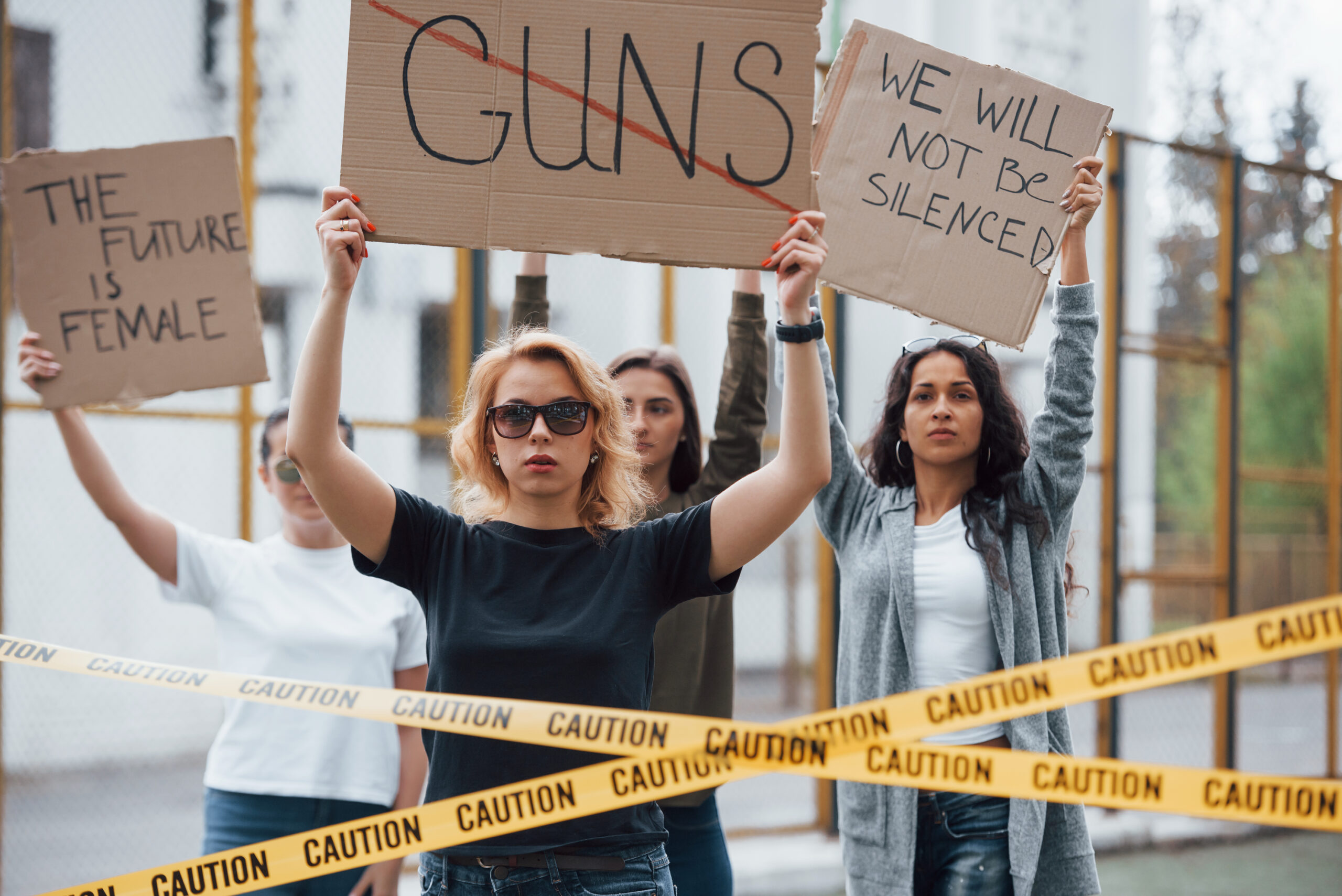Gun violence is a significant public health issue in the United States, with far-reaching consequences for individuals, families, and communities. In discussions surrounding gun violence, mental health often comes into focus, but the relationship between the two is complex and frequently misunderstood. At PMHC in Philadelphia, we aim to provide insight into this issue, dispel myths, and emphasize the importance of addressing both mental health and gun violence as separate but intersecting challenges.
Understanding Mental Health and Gun Violence
It’s important to note that the majority of individuals with mental health conditions are not violent. In fact, research consistently shows that mental illness contributes to only a small fraction of violent acts. According to the American Psychiatric Association, individuals with severe mental illness are responsible for less than 4% of violent crimes.
However, mental health does play a significant role in the context of gun violence, particularly in cases of suicide. Studies indicate that nearly two-thirds of gun deaths in the U.S. are suicides, and many individuals who take their lives are experiencing untreated or undiagnosed mental health conditions. This highlights the urgent need for accessible mental health care and proactive support systems.
Dispelling Myths About Mental Health and Violence
The narrative that mental health issues are the primary cause of gun violence perpetuates stigma and oversimplifies a multifaceted problem. Factors such as access to firearms, socioeconomic disparities, and exposure to violence are critical contributors that must be addressed alongside mental health.
Stigmatizing individuals with mental health conditions by associating them with gun violence not only creates barriers to seeking care but also diverts attention from effective solutions, such as gun safety measures and community-based interventions.
The Role of Mental Health in Suicide Prevention
While mental health is not the primary driver of gun violence toward others, it is closely linked to self-inflicted harm. Access to firearms significantly increases the lethality of suicide attempts, making intervention crucial. Providing mental health support and reducing access to firearms during crises can save lives.
At PMHC, we emphasize the importance of recognizing warning signs of suicidal ideation, such as:
- Withdrawal from loved ones
- Expressions of hopelessness or despair
- Drastic changes in behavior or mood
By addressing these signs early, we can help individuals access the care they need to navigate their challenges and reduce the risk of suicide.
Addressing Trauma and Community Impact
Gun violence also leaves a lasting impact on survivors, families, and communities. Exposure to violence, whether directly or indirectly, can lead to trauma, anxiety, depression, and post-traumatic stress disorder (PTSD). Providing trauma-informed mental health care is essential for healing and resilience in affected communities.
At PMHC in Philadelphia, we offer tailored mental health services to support individuals and families impacted by gun violence. From trauma therapy to crisis intervention, our team is dedicated to fostering recovery and long-term well-being.
Moving Toward Solutions
Addressing gun violence and mental health requires a multifaceted approach. This includes increasing access to mental health care, implementing community safety initiatives, and enacting evidence-based policies that reduce firearm-related risks.
At PMHC, we are committed to providing compassionate, accessible care to those affected by gun violence and mental health challenges. Together, we can work toward creating safer, healthier communities in Philadelphia and beyond.

